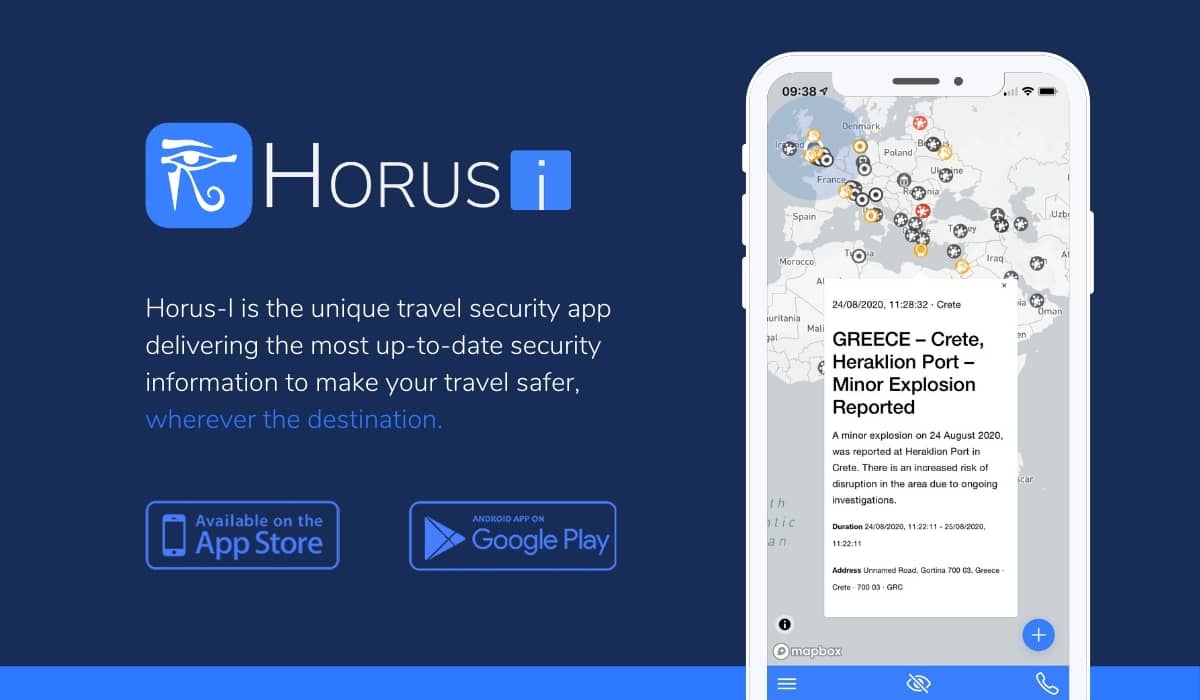(5min read)
Studying abroad can be a very fulfilling experience. However, with COVID-19 plaguing the globe and many nations still under travel restrictions and lockdown, its essential to take the necessary precautions when starting or continuing our education journey overseas. Here are five tips on how you can stay safe while studying abroad.
1) Do your research!
Have an in-depth understanding of the location where you are studying, research into safety and health statistics such as what the COVID situation is like in the area, what the social distancing laws are, crime rate of the vicinity and know which areas you should be avoiding. Alternatively, visit your school’s website to gather any information concerning safety and security- typically universities would provide resources such as precautionary health measures, standard safety procedures, on-campus security contact information and campus safety statistics.
You can also research into whether there are any travel safety programmes launched by your home country that you can enrol in. Many nations do have existing travel safety programme design to track and locate citizen travelling overseas. For example in the UK, there is the Registered Traveller Service, and the US offers a similar programme called the Smart Traveler Enrolment Program.
EXPERT TIP – If you are studying in the United States, all US colleges are mandated by federal law to disclose crime statistics that have occurred on campus which can be found on government sites.
2) Understand the current laws, customs and language of the host country
Find time to research the laws and customs of your host country. For example, if you want to get a part-time job during your studies abroad, make sure you check what your international visa will allow. Another key thing to consider is what items may be prohibited from taking with you as luggage on your flights across – all this information is available on your host country’s official government website.
When studying in a city in the United Kingdom you are likely to be using public transport to get around, therefore before you start your studies, research the routes available to you in preparation.
If you are studying in a country where the language is foreign to you, prepare yourself by learning a few basic phrases to aid you in emergencies. Here’s a list of words to start you off:
- Help!
- Can I use your phone, please?
- Call the ambulance/police
- Leave me alone!
- Can you help me? This is an emergency.
It is also essential for you to learn and memorise the name of your neighbourhood/district such as street names and street numbers and your living address.
With COVID-19, measures are often dynamic and ever-changing in every country. Thus, it would be best if you made it a point to be aware of the travel restrictions and social distancing measures of your destination.
3) Stay connected
It’s not unusual to feel alone during your first term or even year studying abroad, but making sure you stay in regular contact with friends and family can help you feel more supported. The more people are aware of where you are, the safer you are as you will be easier to track down in times of crisis.
However, there are always more services available to give you additional support during your time abroad, contact your school or university wellbeing team if you are finding the transition more difficult than you expected. The team can offer extensive support for a range of issues including your mental and physical wellbeing, accommodation concerns and academic support.
4) Source for student health and travel insurances
With COVID-19 plaguing the globe, it’s vital for you to purchase student health insurance coverage when studying abroad. Research on the coverage of the health insurance plans and make sure that it covers the costs of your medical expense overseas, inclusive of COVID-19 related expenses. Sometimes despite your best precautions, unexpected situations may occur, it is best to prepare with adequate insurance coverage in your host country, this is especially prevalent in volatile and uncertain times like these.
5) Get timely information with the use of the Horus-I app
The Horus-I app will provide you with essential, timely information on global COVID-19 updates, crime hotspots, protests, rallies and other major events that are happening in your geographical location. With an easily accessible 24/7 information network of ‘as it happens’ alerts, you can promptly assess the situation and make an informed decision on what your next move should be.
In situations where you feel unsafe, you can also activate the ‘‘Watch Me Closely‘ feature on your phone which will alert our WatchKeeper to keep a close eye on your location and reach out to you to offer assistance.
With the Horus-I app, you can have peace of mind as you go about your daily activities abroad. Our app aims to help global universities to resolve the travel challenges surrounding the safety of their students and staff, helping them mitigate risk and assist in an emergency. To learn more about the functions of our app, click here, or download our brochure here.

Download the Horus-I app from either the App Store or Android Play Store depending on your device.
Access to the app is granted via the Horus Control Centre or by the reseller who will issue the users login credentials.
Contact the team at info@horus-global.co.uk to discuss how the Horus-I app can improve your travel security.




